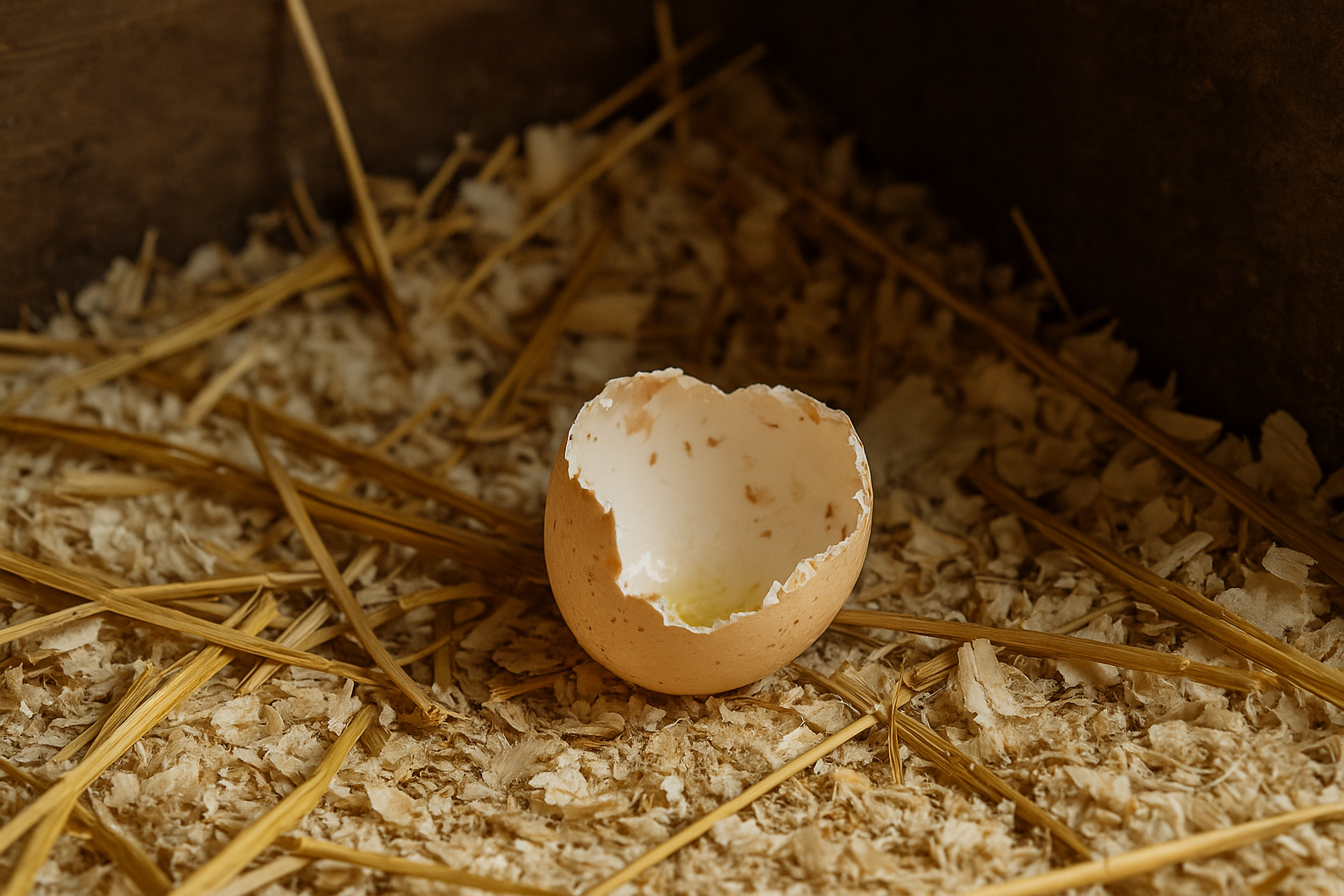How To Stop Chickens Eating Eggs: Practical Fixes That Work
Egg-eating hens can be frustrating and costly, but in most flocks a few well-targeted, practical fixes can end it for good. From nutritional tweaks to nest-box design, I’ve seen these strategies work. Below, I lay out the causes, community-tested solutions and sensible prevention steps from my own experience to help you reclaim your eggs.
What’s going on?
Egg-eating typically starts in two ways. Nutritional deficiencies, especially in protein or calcium, can make raw eggs tempting. Alternatively, hens may accidentally crack eggs while scratching in the nest, then quickly learn that cracked eggs make a tasty meal. Once one hen starts, others often copy the behaviour, and it becomes a flock habit. Before you know it, you’re back buying eggs from Tesco.
Common reasons why chickens eat eggs
- Hunger or thirst: if feed or water is insufficient, eggs become an easy source.
- Low protein or calcium: a poor diet leads hens to eat eggshells to compensate.
- Poor nesting conditions: inadequate bedding increases the risk of broken eggs.
- Boredom or stress: under-stimulated or anxious hens may peck eggs.
- Chickens learning by observing: once one hen does it, others tend to follow.
Practical fixes that work
Improve nutrition
I’ve found that upping protein and calcium usually does the trick, so offer a complete high-protein layer feed, such as Heygates Country Layer Pellets, and make oyster shell grit available. These will help strengthen shells and reduce the urge to eat them.
Collect eggs frequently
Collecting several times a day reduces opportunities for hens to break and eat eggs. When egg-eating first appears, I’ve had success by checking nests every couple of hours.
Use dummy eggs
Place fake ceramic, wooden or rubber eggs, or even golf balls, in nesting boxes. Hens peck them, find nothing inside, and soon lose interest in egg-eating.
Roll-away or trap nest boxes
Roll-away nest boxes are designed so eggs drop safely into a covered tray, out of reach of hens. Trap nests achieve a similar effect by keeping eggs secure until you collect them.
Mustard or spice eggs
Some keepers hollow out eggs, fill them with mustard or horseradish, and put them back in the nest. The unpleasant taste can put hens off pecking. It’s not something I’ve tried or would want to, to be honest, but I know other keepers who have said it works with persistence.
Provide comfortable, low-traffic nest boxes
Aim for one nest per 4–5 hens, padded with clean bedding, positioned off the floor, and dark enough to feel safe. Remove any broken eggs promptly to stop the habit forming.
Prevent or remove persistent offenders
If only one hen is guilty, consider isolating her until she’s overcome the issue. If she doesn’t, you may have to think about permanently removing her, so the problem doesn’t spread through a flock.
Key takeaways
- Provide a protein-rich feed plus free-choice oyster shells
- Collect eggs multiple times a day
- Use dummy eggs or golf balls in nests
- Install roll-away trays to protect fresh eggs
- Try mustard-filled eggs as a deterrent
- Ensure nest boxes are comfortable and not overcrowded
- Prevent boredom by providing perches, toys and hanging treats.
Posts on other egg-related issues
- How To Tell If a Chicken Is Laying Eggs
- Why Do Chickens Stop Laying Eggs?
- Why Are My Hens Laying Soft-Shelled Eggs?
- How To Get Chickens to Lay Eggs in the Nesting Box
Final thoughts
Egg-eating is a frustrating problem, but it’s usually fixable. Start with diet and nest improvements, then add in deterrents like dummy eggs, roll-away boxes and frequent collection. In my own experience, nutritional fixes and fake eggs solve most cases quickly, but combining several approaches gives the best chance of success.
Disclosure: This post may contain affiliate links. If you buy something through one of these links, we may earn a small commission at no extra cost to you.
Kevin O’Hara got his first chickens back in 1972. A backyard chicken keeper based in Yorkshire, he created of KeepingChickens.uk back in 2012. With years of hands-on experience, he shares practical, UK-specific advice to help others care for happy, healthy hens. Learn more about Kevin on the author page.





